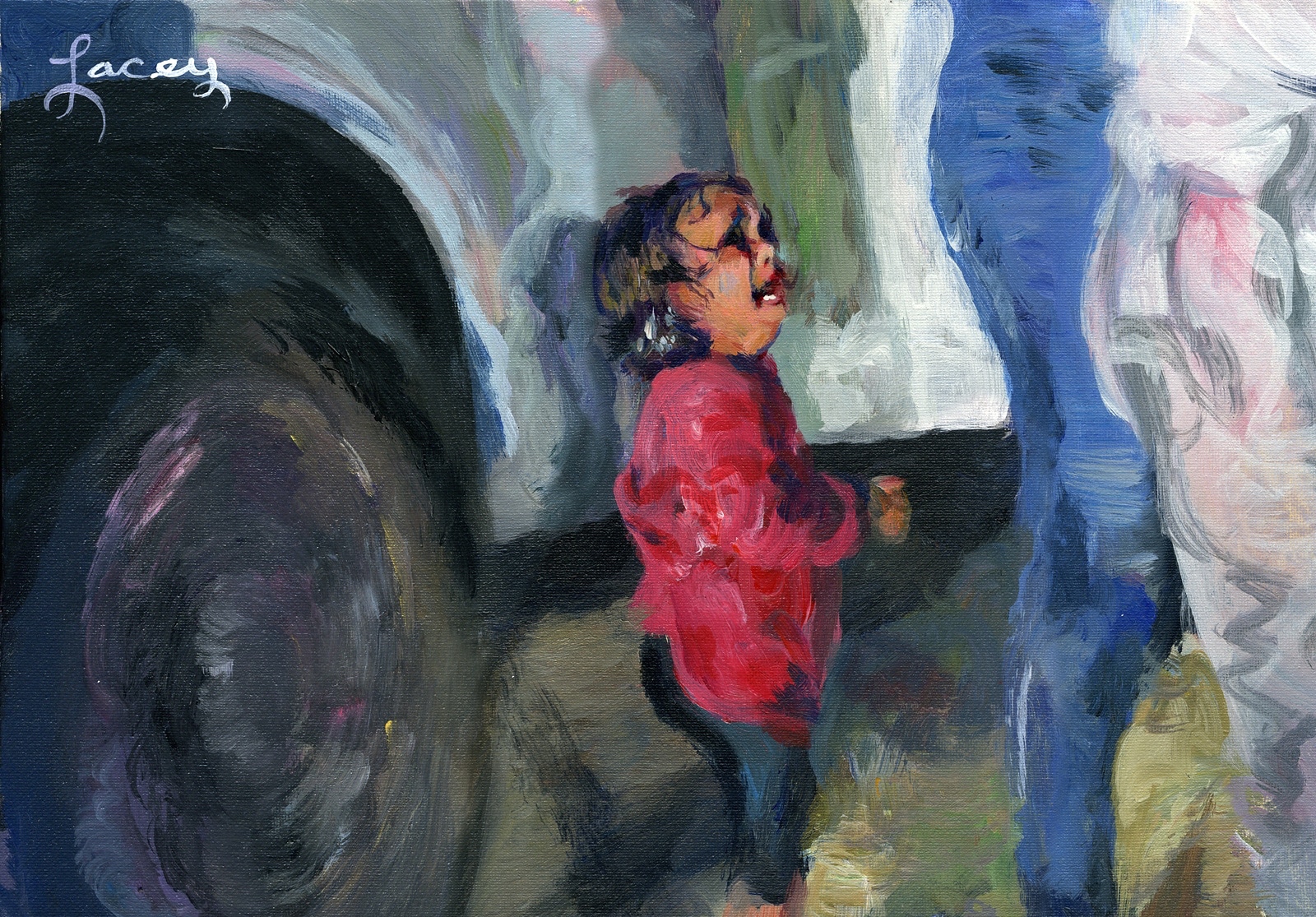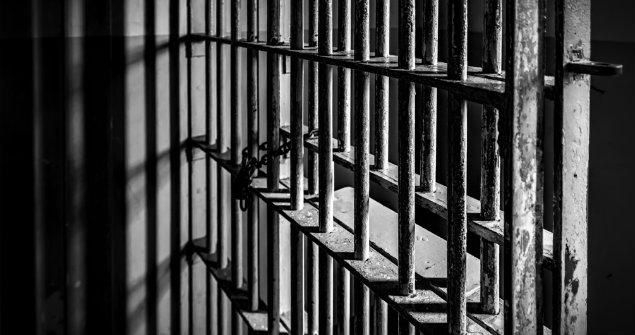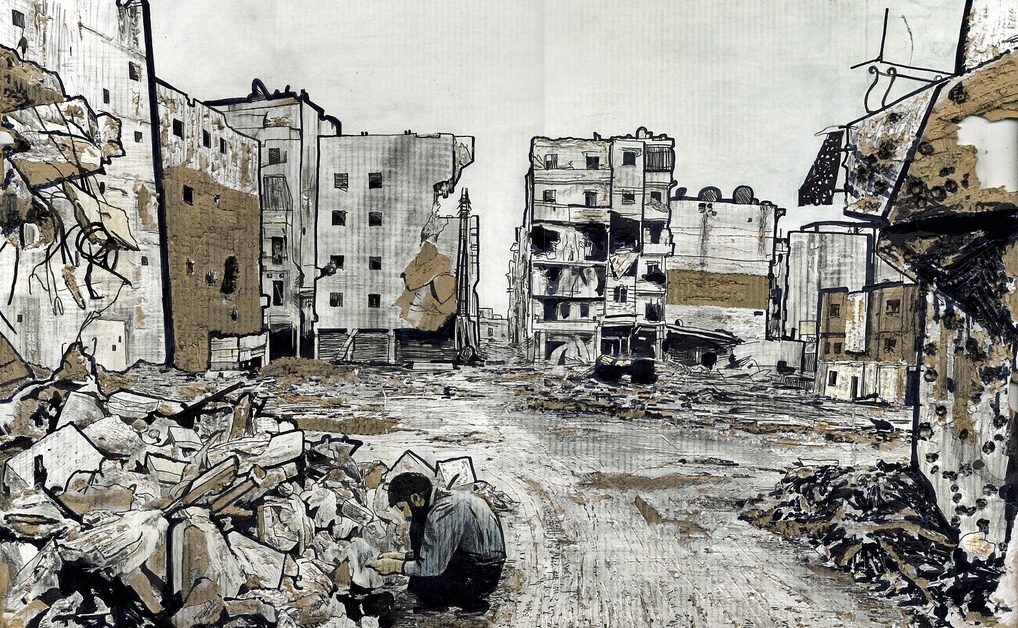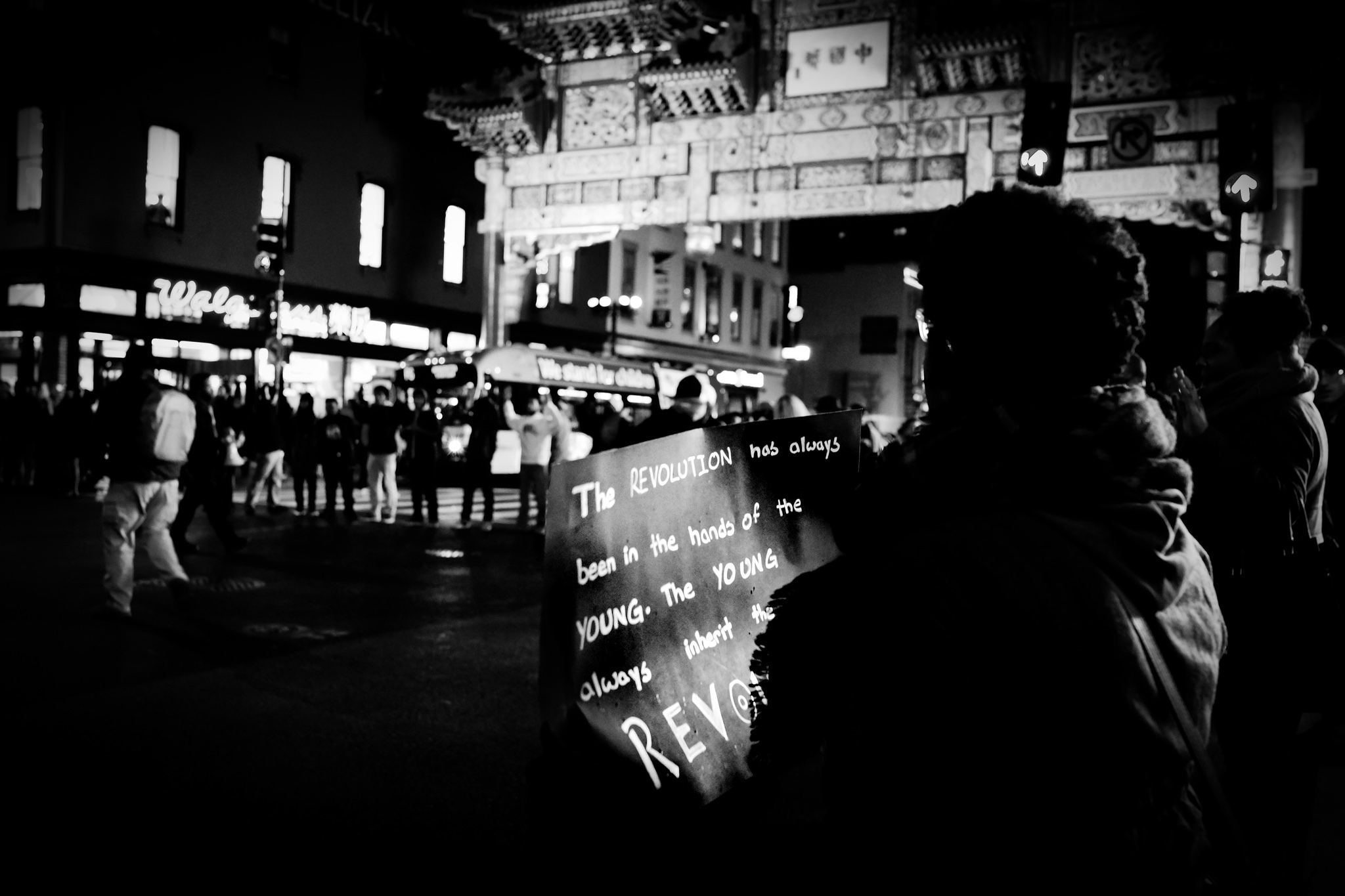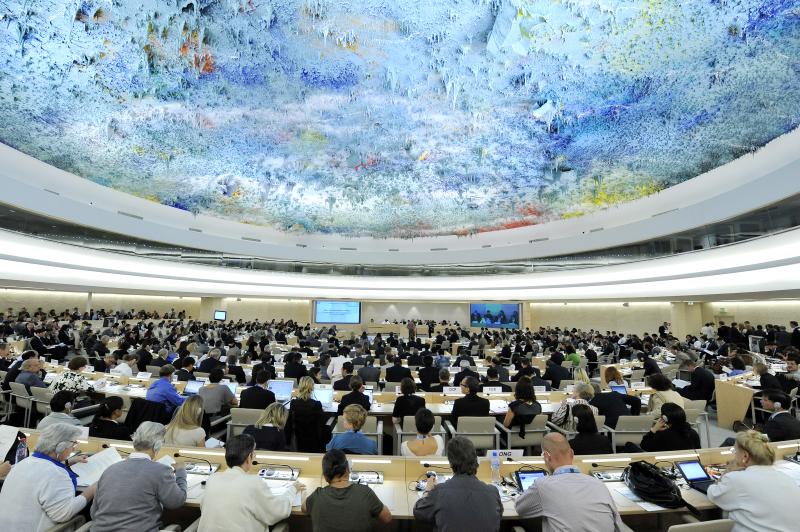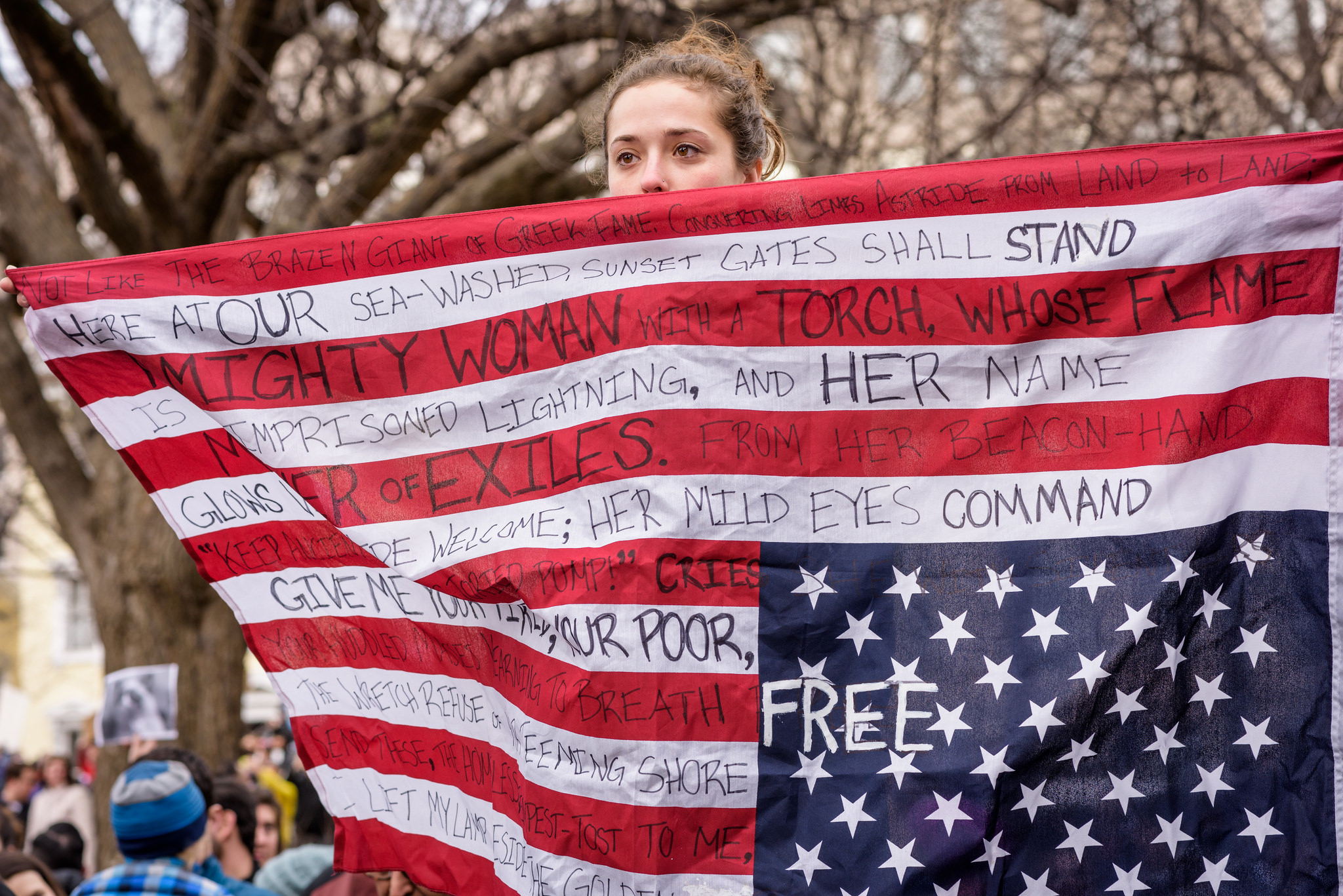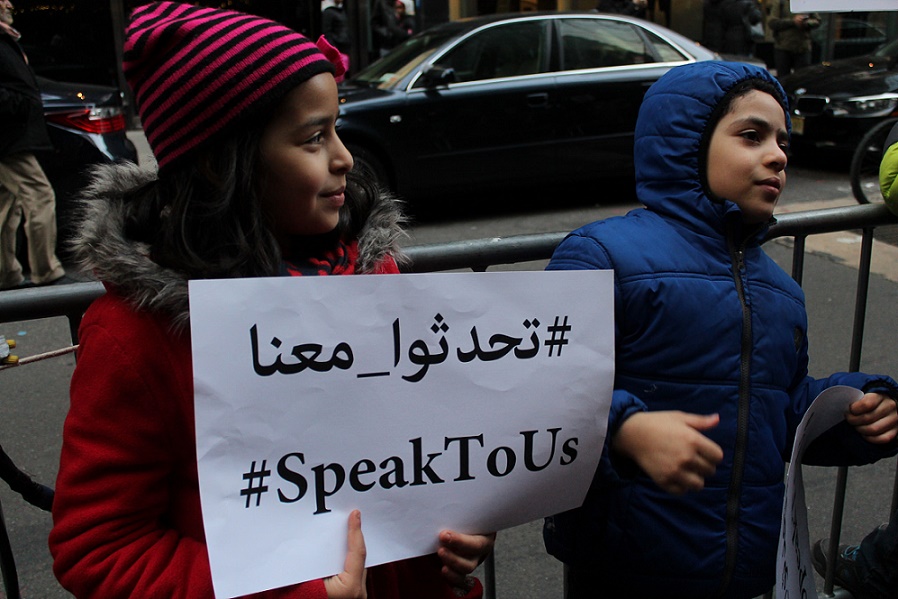How U.S. Cities can Advance Abortion as a Human Right
Sexual and reproductive rights are foundational to gender equality. Access to abortion care is essential to the full realization of a person’s human rights. Indeed, international human rights mechanisms have had an impact on liberalizing national abortion laws by requiring that governments take affirmative action to ensure that women can access safe abortion care as part of fulfilling their obligations under human rights law. For instance, treaty monitoring bodies (TMBs) have consistently interpreted that safe abortion care is the application of several fundamental human rights guaranteed by international human rights law such as: the right to life; freedom from cruel, inhuman, and degrading treatment; liberty and security of the person; privacy; human dignity; health; and equality and non-discrimination.
Although abortion is legal in the United States, anti-choice groups and conservative lawmakers have been successful in restricting the right to an abortion. For example, the Hyde Amendment is legislation that for forty-two years has banned federal funds from covering abortion care for...

